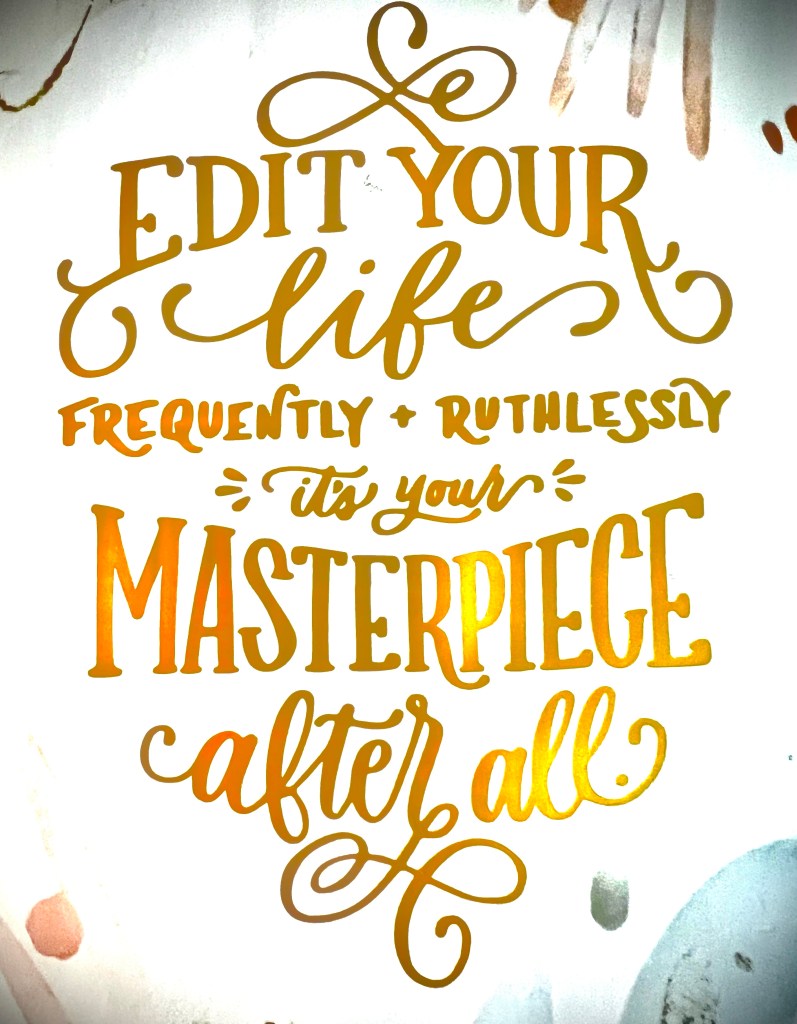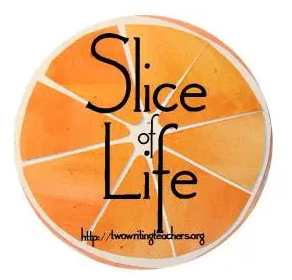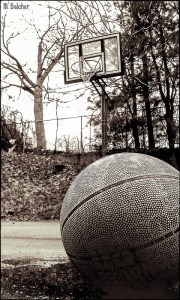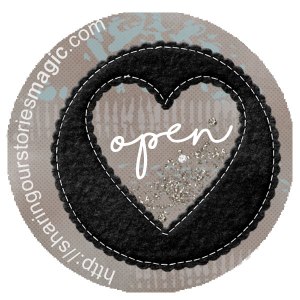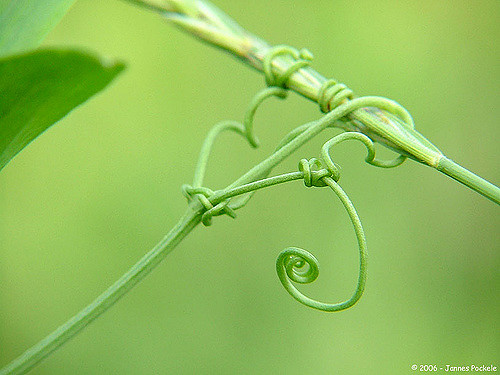On Day Two of the Slice of Life Story Challenge, I had a lot of fun playing with backwards names (You, reversed).
Today I am thinking about family names and the legends or lore surrounding them.
My mother had a unique name. My Grannie named her after her sister, Verlee. When I was little, Mama explained her name to me: It’s from the Bible. From the word “verily.”
Verily is an archaic English translation of several different Hebrew and Greek words throughout the scriptures. It means truly or certainly.
Grannie had six children by the time she was twenty-two, during the Great Depression. My mother was the last. They had a hard, hard life. I only know bits and pieces of their story; most of those who lived it are gone now. They experienced a lot of loss. A baby boy, Thomas, coming a year before my mother, died when he was a few days old. Grannie spoke of him to me when I was a child: I felt so empty, coming home without him. She never forgot him.
Mama said that when she was born Grannie brought her home from the hospital in a basket.
These images have lived in my head for years and years.
Quite some time ago, I started crafting a story about a family…not my mother’s, but with a few borrowings. I have a long version (incomplete) and a short story version. Every once in a while I go back and tinker with the tale , to see what the characters are up to…
Since the word came to mind today, I’ll share a little excerpt.
From my short story entitled “Verily, Verily”
One afternoon, when we was playing school on Grandma’s porch, a long black car that looked like it ought to belong to the mill owners pulled up.
Out stepped Mama.
At first I hardly knowed her. She didn’t look much like herself. Pure skinny for one thing, her legs just little bitty bird’s legs beneath the dress that the ladies’ sewing circle made and carried to the hospital for her. Her face, all sharp edges. Her eyes had changed the most. Huge, wild, like some hunted creature was looking out of Mama’s eyes.
When she seen us up on the porch, she tried to smile, but them too-big eyes filled with tears. “Well, girls – ain’t you even going to come hug your Mama’s neck and see what I brung you?”
Me and Artie May flew down the steps to throw our arms around her. Mama felt like paper and twigs, like a good breeze would carry her rattling away. She couldn’t hug us back very much because of the basket over her arm. Whatever she had in there was covered up with blankets.
“What is it, Mama? What’d you bring us?” shouted Artie, jumping up and down, trying to see inside the basket.
“Goodness, Artie May,” said Mama, “you don’t mean you’re just happy to see me on account of the surprise, are you?”
I felt happy to see Mama but I wanted to know what was in that basket, too. Just then, I seen something move under the blanket.
“Mama, you got a puppy in there!” I hollered.
Mama smiled then but her eyes didn’t smile with her. “No, Ollie Fay, it ain’t a puppy. It’s better than that. Come see.”
She kneeled in the yard. Artie May and me crowded close. Mama didn’t even smell like herself no more; she smelled like the inside of medicine bottles and new cotton cloth. I wondered what on earth could be better than a puppy, except maybe two puppies, as Mama pulled back the blankets.
Artie went Ohhhhhh and I ain’t never been more shocked in my life, to see a baby asleep in that basket. It had a round pink head with a little bit of dark fuzz for hair.
Mama said, “Girls, this here’s your little sister.”
Me and Artie just stared and stared before Artie finally asked, “What’s her name, Mama?”
“Well, I wanted to name her something from the Bible. I thought on it a long time and decided to call her Verilee.“
Now, I knowed something of Mary, Martha, Ruth, and Hannah, but I ain’t never heared of no Verilee in the Bible before. Artie must of been thinking the same thing, because she asked, “Who was Verilee in the Bible, Mama? What did she do?”
I guessed, on account of the basket: “She was Baby Moses’s sister.
Mama shook her head. “No, Ollie Fay. That was Miriam. There won’t nobody named Verilee in the Bible. I took it from something Jesus said: ‘Verily, verily, I say unto you, he that believeth on me hath everlasting life.’”
Then Mama’s mouth started wobbling.
Grandma spoke from the porch: “Rose.” We got so caught up with the baby none of us even knowed she’d come out. She stood there with her arms crossed over her bosom. “That’s it, Rose. He’s gone and you know there ain’t no suffering where he is. Call the child whatever you want, she’s a sign that life goes on. We can only pray it ain’t always going to be so everlasting hard. Get in the house, girls, your supper’s on the table.”
Hmmmmm.
Maybe it’s time to tinker some more? Hammer out the many kinks and let these characters get on with their lives?
Verily, I say to y’all… that might be a whole lot of story.

My Grannie holding my mother, 1941.
*******
Composed for Day 5 of the Slice of Life Story Challenge with Two Writing Teachers
A thought: Dialect is often discouraged in writing because it’s hard do to well and can be challenging for readers. But sometimes that’s how the story wants to tell itself.
